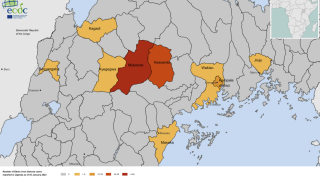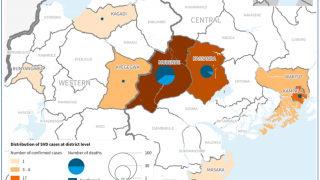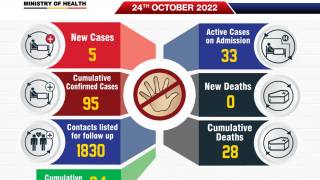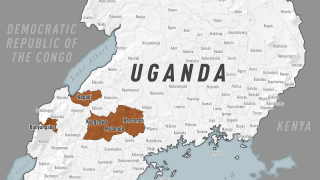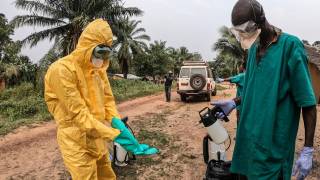Texas Testing Empowers Sudan Ebolavirus Vaccine and Therapeutic Development
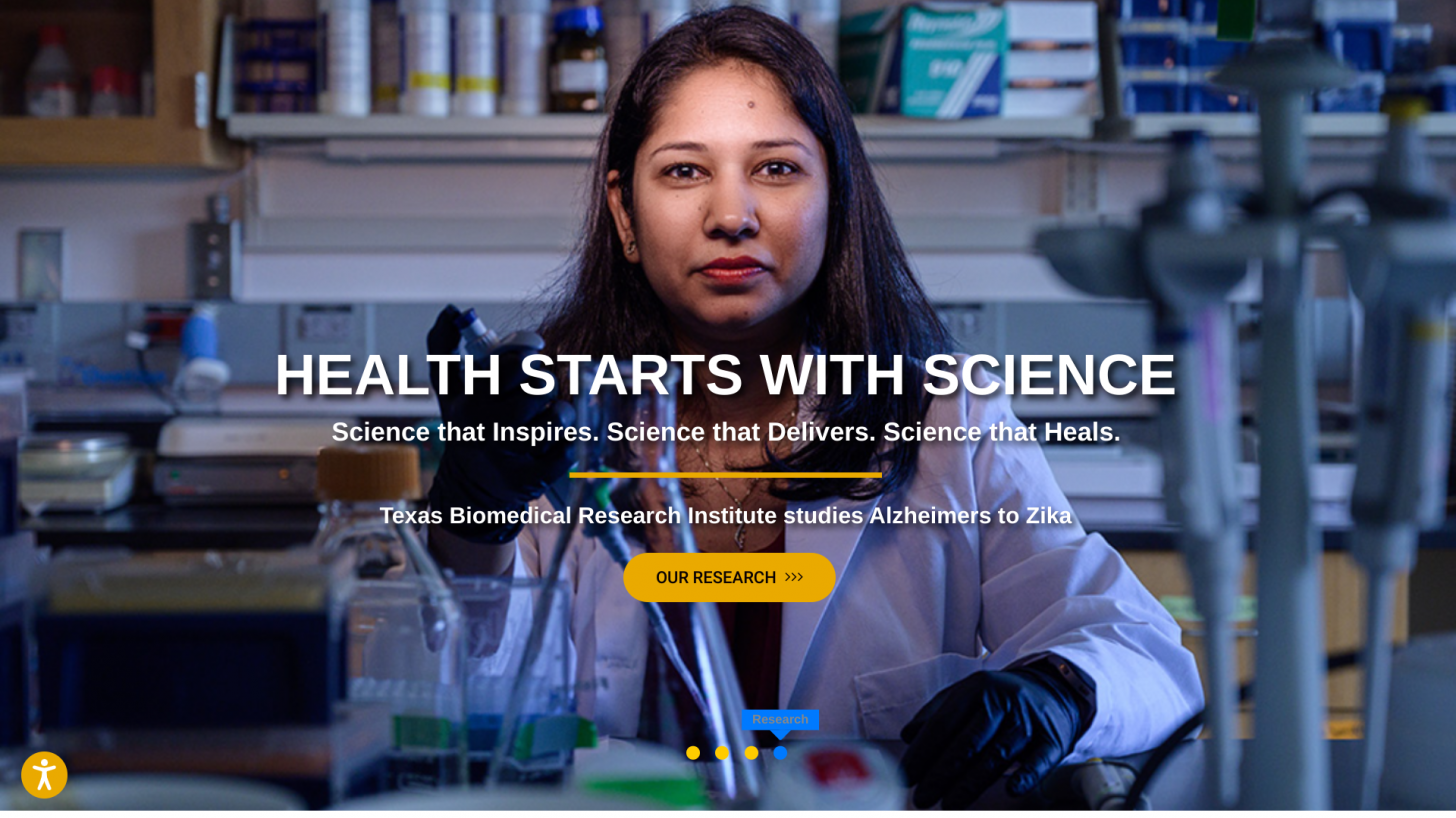
While there are approved vaccines and therapies for one type of Ebola virus, a recent outbreak in Africa has highlighted the need for additional innovations.
Since the current Sudan ebolavirus (SUDV) outbreak began in September 2022, at least 142 people have been infected, and 55 people have died, including children and healthcare workers.
The World Health Organization (WHO) and other global entities announced in November they are working with Ugandan officials to verify SUDV vaccine candidate effectiveness in human phase 1 clinical trials.
To enable those studies, a SUDV vaccine and antibody therapeutic were recently tested at Texas Biomedical Research Institute and sent to the Republic of Uganda for real-world testing.
One of those candidates, currently being developed by the Sabin Vaccine Institute, has been undergoing preclinical testing at Texas Biomed to evaluate safety and efficacy.
And an initial shipment of the vaccine candidate is now in Uganda.
Mapp Biopharmaceutical Inc. has also subcontracted to the Institute support for developing its antibody therapeutic, MBP134, which has also been deployed to Africa to treat infected SUDV patients.
Studying vaccines and therapies for such deadly pathogens presents challenges in humans, says Texas Biomed.
Work on deadly viruses must be carried out in a biosafety level 4 (BSL-4) laboratory, the highest, most secure level in which researchers wear full-body, pressurized suits.
Texas Biomed is home to the nation’s first independently operated BSL-4, which opened in 1999.
The development efforts of the vaccine and antibody candidates are currently being funded in whole or in part by the U.S. Department of Health and Human Services, Administration for Strategic Preparedness and Response, and the Biomedical Advanced Research and Development Authority.
Notably, the Institute has been awarded more than $35 million in subcontracts to run detailed studies required by the U.S. Food and Drug Administration (FDA) to determine if SUDV vaccines and therapies are effective.
“There are only a few labs that can perform the regulated and specialized studies required by FDA to support approval of a vaccine or treatment for these types of pathogens,” explains Ricardo Carrion, Jr., Ph.D., who directs Texas Biomed’s Maximum Containment Contract Research unit, in a press release on December 19, 2022.
While a vaccine or therapy can be given to people to confirm it is safe, determining effectiveness requires exposure to the virus. Deliberately exposing people would be unethical, and outbreaks are sporadic and limited in size.
Therefore, in-depth studies in nonhuman primates are the gold standard to evaluate how a whole body and immune system react to a vaccine or therapy and determine the most effective dosages.
The FDA can approve new drugs and vaccines using efficacy data from animals in these cases.
In rare instances, like with previous Ebola outbreaks and the ongoing SUDV outbreak, if vaccines have already undergone rigorous efficacy testing in animals and initial safety testing in humans, it is possible to administer experimental vaccines to people before they have received formal approval and document how well they help control the spread.
“Critical information like this can only be gathered in tightly controlled laboratory settings, not from human patients,” explains Dr. Carrion.
“We are proud to help contribute this knowledge so our partners can develop effective tools to protect people from these deadly viruses, especially as outbreaks become more common.”
Other Sudan ebolavirus vaccine development news is posted at PrecisionVaccinations.com/Ebola.
PrecisionVaccinations publishes fact-checked, research-based vaccine information manually curated for mobile readers.
Our Trust Standards: Medical Advisory Committee

